My journey began in 2009. Four years later, and I am just about wrapping up my experience at AOMA. It has definitely been a long haul, and I have changed a lot along the way. When I started the master of acupuncture and Oriental Medicine program, I was only 23 years old. I was frustrated about healthcare and the state of American medicine, and I had decided to take the first step along a path that would lead me to greater understanding of not just medicine, but the entire body-mind-spirt axis of the human condition. Some aspects of my personal growth were not connected to AOMA, but just a natural progression I would have followed regardless of my education. However, there were undoubtedly parts of my AOMA education that have changed me forever.
Holistic Theory
Part of the transformation has been simply learning alternative theories of the human form. Trained as a molecular biologist, I had only been taught the materialistic theories of the body. Organisms are made of organs, are made of tissues, are made of cells, are made of organelles, are made of macromolecules, are made of atoms, are made of quarks and subatomic particles. These theories just dissect the physical body ad infinitum without any consideration that there might be more. The energetic theories of yin and yang, of the meridians, and of the zang fu have perfectly complemented all my scientific knowledge. Whether physical or energetic, I now have a way of analyzing whatever phenomenon appears. Attempting to integrate the two types of theory is going to take a long time, but in the end the holistic theory that emerges will be a double-edged sword that can cut to the bottom of an issue quickly.
Energetic Theory
The qigong components of the program have also greatly impacted my perspective on life. It’s one thing to intellectually learn the energetic theories of the body, but it’s another to actually feel the energy moving up and down the meridians or drawing energy into and pushing it out of your body. If there was ever any proof needed for the existence of a world beyond the physical, my experience with medical qigong at AOMA has provided it. I had an inkling back in my Massachusetts days when I was exploring Tibetan Buddhism, just a few meditative experiences that pointed to a non-physical realm. Medical qigong totally sealed the deal. Clinically, I noticed that my patients who received medical qigong felt as if they got more out of the treatments. In addition, several patients who received only medical qigong were absolutely stunned by their experience, as if they were floating, for instance.
Community & Leadership
Another core pillar of my experience at AOMA was the AOMA Student Association (ASA). At first, I just went to a few meetings here and there. At the time there were 4-6 people at each meeting. When I later ran for Vice-President of the ASA, I was experiencing a particular surge of confidence in myself and my abilities. Although I ran unopposed, I was proud because it was the first office I held for any association since high school. By the time I became ASA President, the average size of the meetings had grown to 12-15, and members were becoming a lot more active. I really enjoyed seeing the organizational growth that we had stimulated. The shining achievement of the ASA during my term as President was the Advancing Integrative Medicine at AOMA event. We brought together over 80 students and alumni for a full day of free lectures by well-known speakers in the field, some of which even offered CEUs! I was super proud of this event, and it has shown me that I can accomplish anything I put my mind to.
Integration
What goes without saying is that I have found acupuncture and herbal medicine to be very effective. A bit silly to express it in such simple terms, but there are still a lot of people in our culture who are either on the fence or completely close-minded about acupuncture. My overall experience in the student clinic was undeniably positive. I have seen so many patients come through our doors at AOMA, and almost all of them leave satisfied with their treatment.
I have finished the program with the confidence and determination to improve the standing of Chinese medicine in our culture. Integrating all the various alternative and mainstream modalities of American medicine is my life goal, and the direction in which I will be focusing all my attention post-graduation. Already in the works, I am helping organize Austin’s first integrative health workers cooperative. It’s going to be a lot of difficult, ground-breaking work, but in the end it is the only way that I want to practice medicine. Just as my perspective on life has become more dynamic and capable of understanding new phenomena, the integration of Western and Eastern modalities will make the practice of medicine as a whole much stronger.
About David Taylor, LAc
David studied neuroscience and psychology at the University of Massachusetts at Amherst. After graduating magna cum laude in 2008, he worked at the UMass Medical School performing molecular immunology research. Wishing to study medicine, but not be dependent on pharmaceuticals for his practice, David decided to study acupuncture & Chinese medicine. He graduated from AOMA Graduate School of Integrative Medicine in May 2013, and received his acupuncture license in September 2013. He currently practices in Austin, Texas.
Having studied both Western science and Eastern medicine, David has a unique view of the human body, and in particular the human psyche. Eastern philosophy points to a hidden, yet tangible, force to explain the workings of the body, while Western medicine only accepts that which is visible and measurable. The two perspectives almost always have different explanations for the same phenomenon, yet drawing lines between the two often creates a richer understanding of the problem. In this way, a fusion of the two perspectives allows for an extremely versatile approach to medicine.
David's website - Modern Muck Acupuncture

|

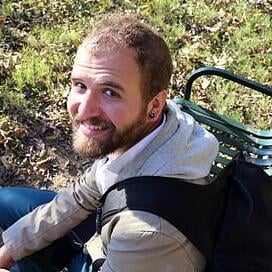

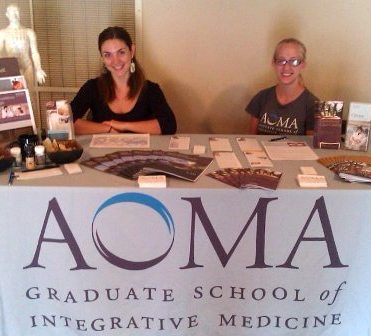 Each year, AOMA Graduate School of Integrative Medicine sponsors the Southwest Symposium (SWS) - a premier, 3-day continuing education and integrative medicine conference. The event brings together practitioners, educators, and other health care professionals from the fields of acupuncture & Chinese medicine, massage therapy, and naturopathic medicine.
Each year, AOMA Graduate School of Integrative Medicine sponsors the Southwest Symposium (SWS) - a premier, 3-day continuing education and integrative medicine conference. The event brings together practitioners, educators, and other health care professionals from the fields of acupuncture & Chinese medicine, massage therapy, and naturopathic medicine.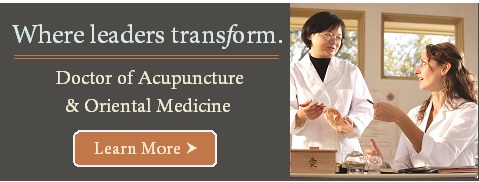
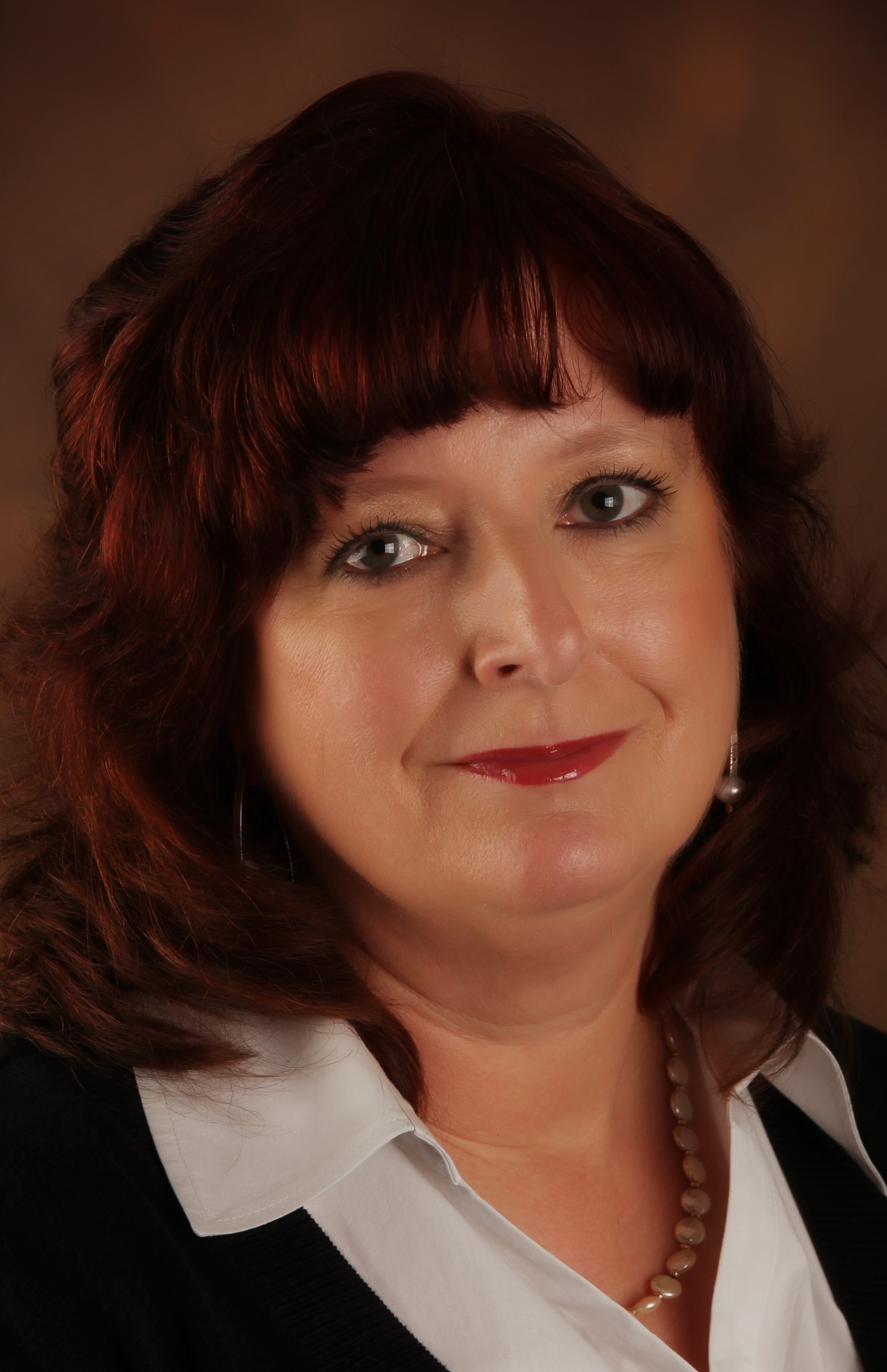 Kathy Kerr, LAc, MAcOM, AOBTA, is an Acupuncturist practicing in Georgetown, TX. She graduated from AOMA in 2008 and has taught several brown bags and business development classes. Her undergrad is in marketing and management, and foreign language. Kathy lives in Round Rock with her husband, two dogs and a bird named Qing Long. Visit her website here:
Kathy Kerr, LAc, MAcOM, AOBTA, is an Acupuncturist practicing in Georgetown, TX. She graduated from AOMA in 2008 and has taught several brown bags and business development classes. Her undergrad is in marketing and management, and foreign language. Kathy lives in Round Rock with her husband, two dogs and a bird named Qing Long. Visit her website here: 
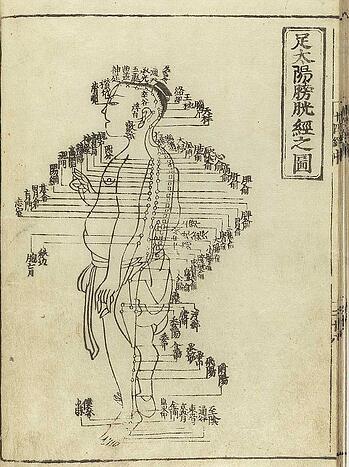
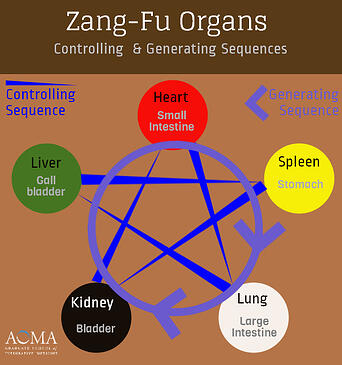 t is important not to conflate the TCM organ with the Western anatomical organ. For instance, the Spleen in TCM isn’t necessarily the organ that filters the blood. Some features do overlap—for example, the Heart being involved with blood —but it’s best not to think of the Zang-fu as literal organs, but rather consider them figurative entities.
t is important not to conflate the TCM organ with the Western anatomical organ. For instance, the Spleen in TCM isn’t necessarily the organ that filters the blood. Some features do overlap—for example, the Heart being involved with blood —but it’s best not to think of the Zang-fu as literal organs, but rather consider them figurative entities.
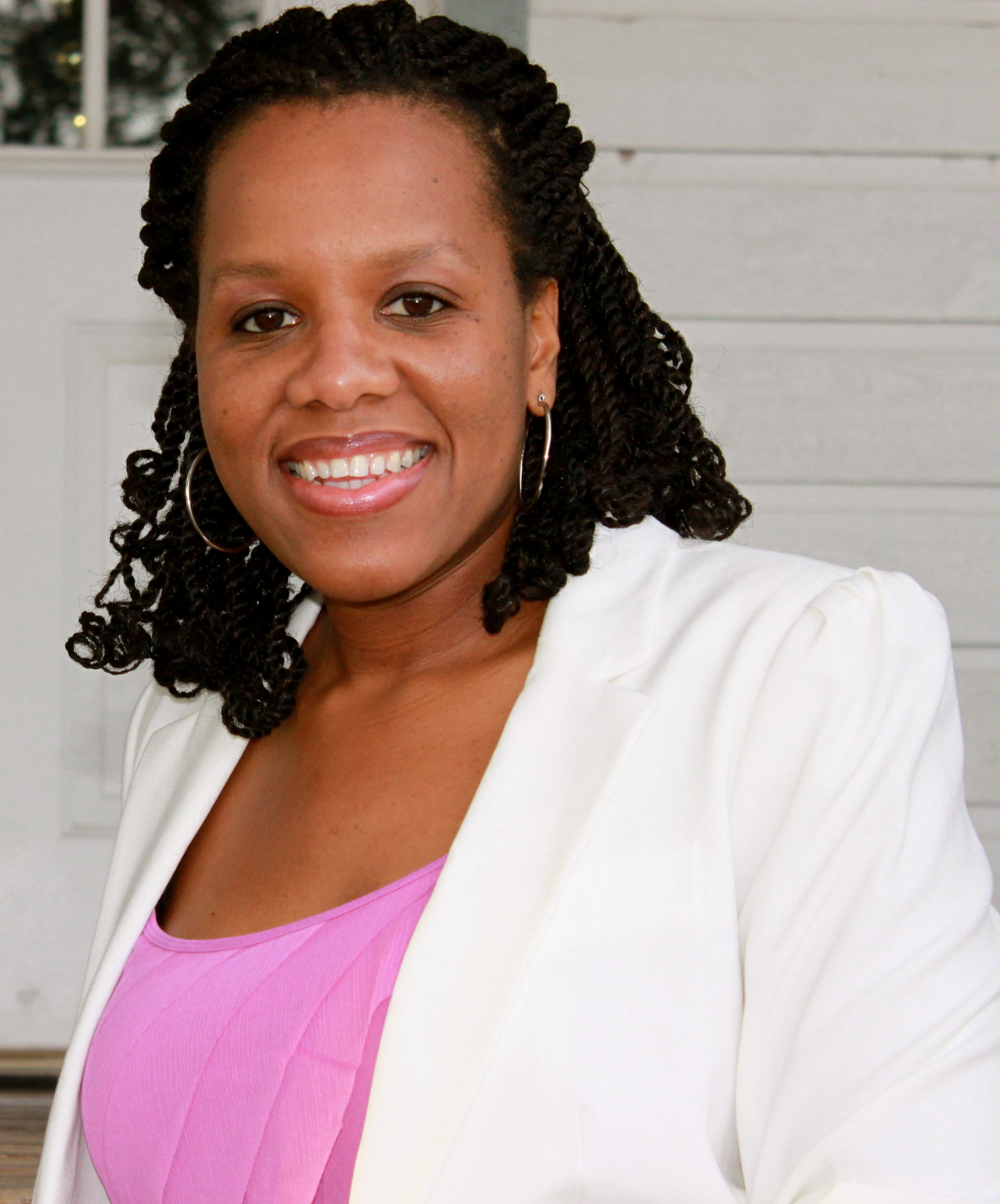 AOMA student Blake Gordon is known on campus for her infectious smile and her extensive knowledge of naturopathic medicine.
AOMA student Blake Gordon is known on campus for her infectious smile and her extensive knowledge of naturopathic medicine.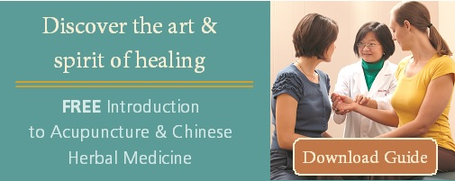
-resized-600.jpg?width=235&height=157&name=studentassoc_(2)-resized-600.jpg) Students are the heart of any academic institution and AOMA’s students in particular are passionate, motivated, intelligent, and caring individuals. AOMA offers a wide and diverse range of student services, including brown bag seminars, a China study trip, individualized career counseling, and more. All of our services are designed with the intention of supporting students on the personal and professional healing journeys they experience in acupuncture school.
Students are the heart of any academic institution and AOMA’s students in particular are passionate, motivated, intelligent, and caring individuals. AOMA offers a wide and diverse range of student services, including brown bag seminars, a China study trip, individualized career counseling, and more. All of our services are designed with the intention of supporting students on the personal and professional healing journeys they experience in acupuncture school.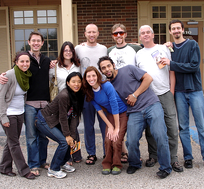 Joining an extracurricular student organization is a great way to learn new skills, share your knowledge, practice leadership, and meet other students while in acupuncture school. AOMA is home to a number of student-run organizations, including the AOMA Student Association, Ju Jutsu Club, Qigong Group, AOMA Herbs Club, Research Club, and the Chinese Culture Club.
Joining an extracurricular student organization is a great way to learn new skills, share your knowledge, practice leadership, and meet other students while in acupuncture school. AOMA is home to a number of student-run organizations, including the AOMA Student Association, Ju Jutsu Club, Qigong Group, AOMA Herbs Club, Research Club, and the Chinese Culture Club. .jpg?width=314&height=236&name=china_2013_(6).jpg) Specific details of the China Study Tour change year to year. In the past, students who participated began their trip with a sightseeing trip to Beijing before flying to Chengdu, the capital and cultural center of Sichuan Province. At Chengdu University, students had the opportunity to study herbs and gained valuable hands-on clinical experience at the university, working in treatment centers under supervising professors.
Specific details of the China Study Tour change year to year. In the past, students who participated began their trip with a sightseeing trip to Beijing before flying to Chengdu, the capital and cultural center of Sichuan Province. At Chengdu University, students had the opportunity to study herbs and gained valuable hands-on clinical experience at the university, working in treatment centers under supervising professors.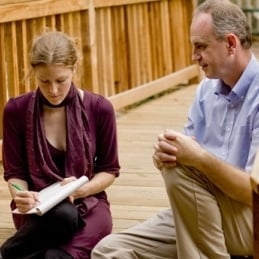
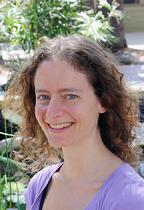

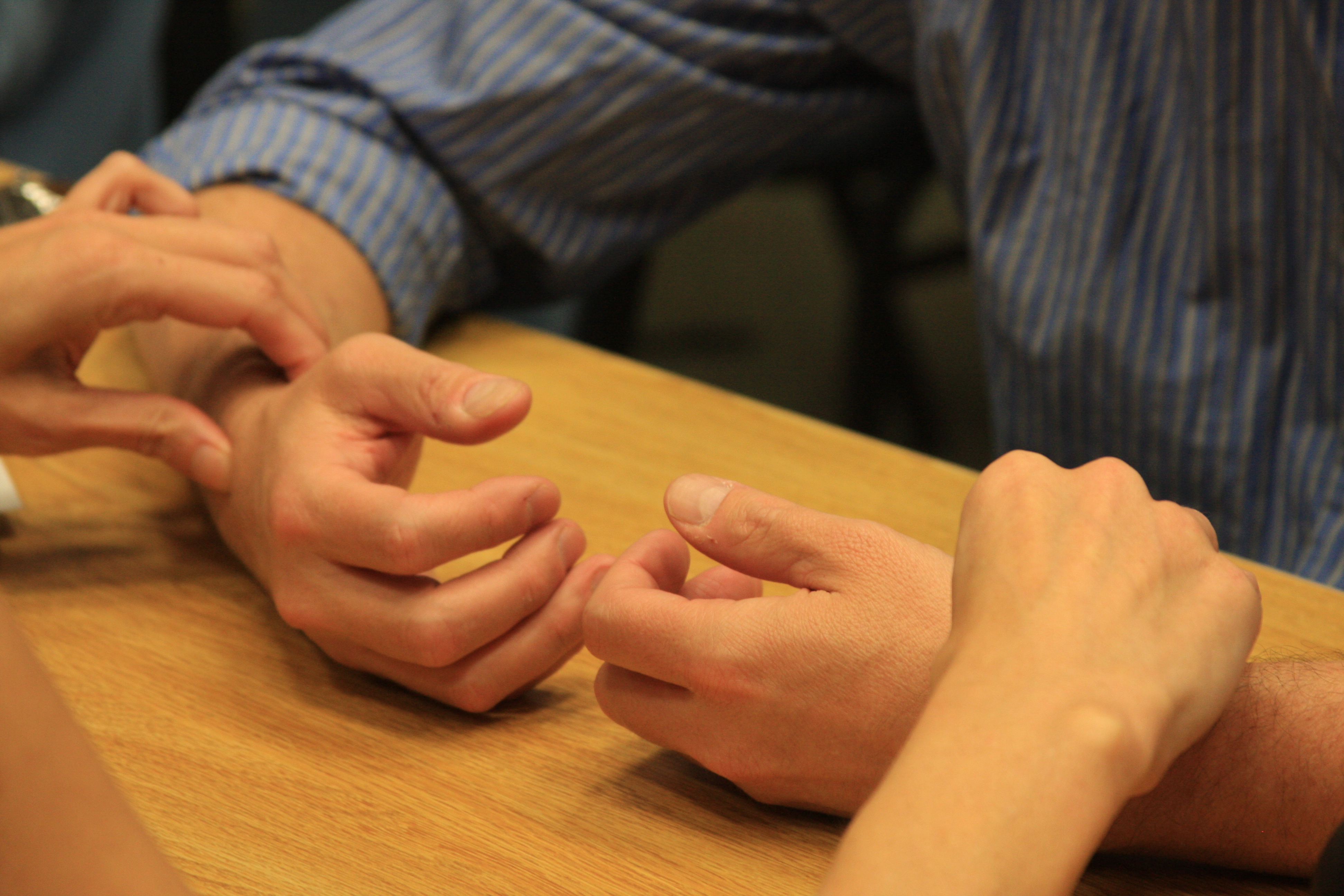.jpg?width=250&height=166&name=pulse_diagnosis_(3).jpg)
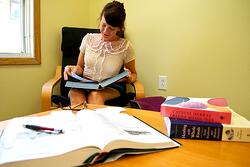
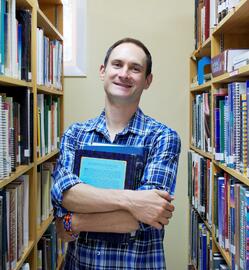
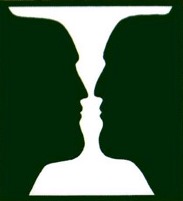
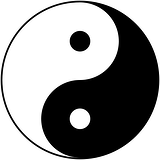

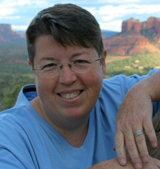 About the author: As the owner of
About the author: As the owner of 

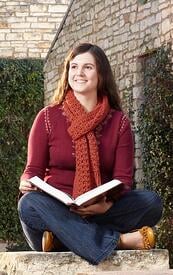
.jpg?width=175&height=263&name=faculty_student_interaction-w_(2).jpg)

 This month, we’re happy to introduce Jillian Kelble, Admissions Coordinator, who works with prospective students and applicants in the Admissions Office.
This month, we’re happy to introduce Jillian Kelble, Admissions Coordinator, who works with prospective students and applicants in the Admissions Office.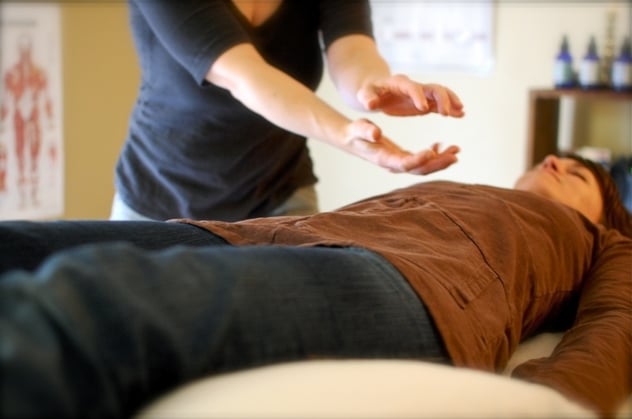
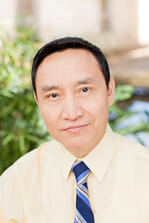 that you don’t need the acupuncture needles – they are just a convenience. Anything you can do with an acupuncture needle can be accomplished just as well with energy. It was one four second moment in a single lecture, but I’ve never forgotten it. It might be the one of the most profound moments of my education. I think of every treatment I give as a Reiki/Medical Qigong treatment. Acupuncture needles are just very convenient antennae which focus and transmit Universal Qi. It has made a huge difference in how I treat patients.
that you don’t need the acupuncture needles – they are just a convenience. Anything you can do with an acupuncture needle can be accomplished just as well with energy. It was one four second moment in a single lecture, but I’ve never forgotten it. It might be the one of the most profound moments of my education. I think of every treatment I give as a Reiki/Medical Qigong treatment. Acupuncture needles are just very convenient antennae which focus and transmit Universal Qi. It has made a huge difference in how I treat patients.
